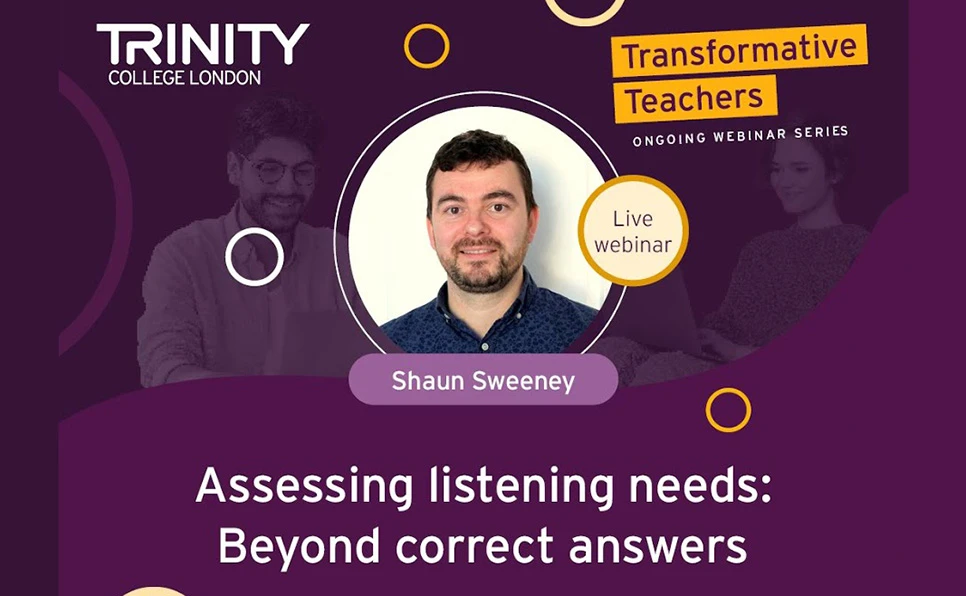Andrew’s presentation compared multiple-choice (MCQ) and open-ended (OE) items in listening tests, examining test-taker cognition and implications. Research found MCQs generally easier, especially for lower-level learners, offering more compensatory support and validating “mostly understood” input. OEQs were harder, more discriminating, requiring fuller comprehension and eliciting lower reported understanding. MCQs prompted more conscious strategies, while successful listening often involved fewer. Implications for testing suggest MCQs are more flexible for diverse understanding levels. For teaching, understanding these differences helps educators foster deeper comprehension, moving beyond limited test-taking strategies.


